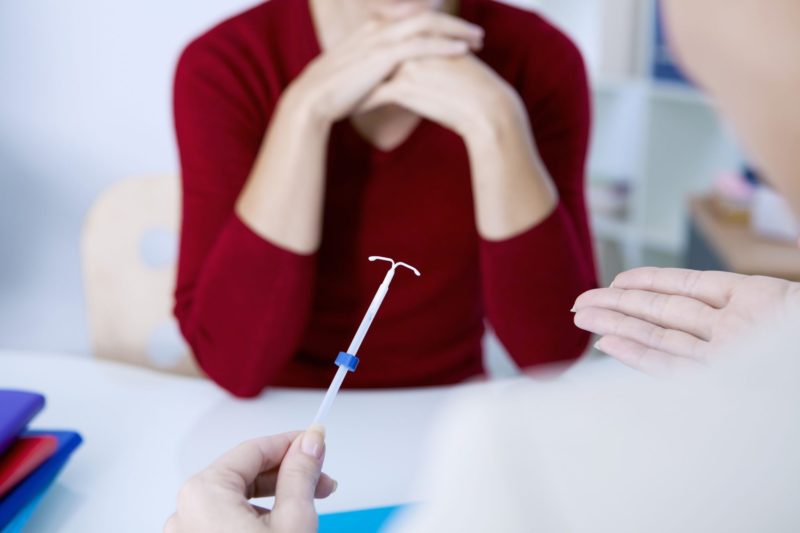Virginia to Join Colorado in Expanding Access to Long-Acting Contraception
Program funds will go to educate providers about long-acting reversible contraceptives, conduct public outreach, and measure whether the pilot program is effective

Virginia’s Democratic lieutenant governor announced a $6 million, one-year pilot program to expand access to long-acting birth control throughout the state.
A similar effort in Colorado slashed teen pregnancies rates by 40 percent and teen abortion rates by 42 percent over six years, results that Virginia Lt. Gov. Ralph Northam underscored in a 2015 Washington Post op-ed.
“As Virginia’s lieutenant governor, I genuinely believe that Democrats and Republicans should be able to agree that reducing unintended pregnancies, decreasing abortion rates and improving the health of mothers and infants are important public health goals that should be carefully considered and debated,” Northam wrote.
Eligible Virginia women will get free coverage of long-acting, reversible contraceptives (LARCs), which include intrauterine devices and implants, under the federally funded program beginning in July.
“The fact is 99 percent of women will use birth control in their lifetime, and it’s important that they have access to the best option for them,” Northam said in a statement announcing the initiative.
LARCs, while safe and effective, can cost up to $800, making them unaffordable for many. Only 7 percent of women use LARCs, according to the most recent data from the Centers for Disease Control and Prevention.
“Long-acting reversible contraceptives (LARCs) are 20 times more effective than pills, patches or the ring,” Dr. Serina Floyd, medical director of Planned Parenthood of Metro Washington, said in a statement. “And because LARCs are totally reversible, a woman can decide at any time that she is ready to have a healthy child.”
Funds will go to educate providers about LARCs, conduct public outreach, and measure whether the pilot program is effective, according to Northam’s office.
The state assembly would need to approve future program funding, spokesperson Alexsis Rodgers told Rewire.
For every $1 invested in the Colorado program, the state saved more than $5 in Medicaid costs, according to a statement from Northam’s office.
Even so, Colorado Republican lawmakers unsuccessfully tried last year to kill funding for that program. They erroneously claimed that any type of birth control is akin to abortion, and that LARCs make people more sexually active.
